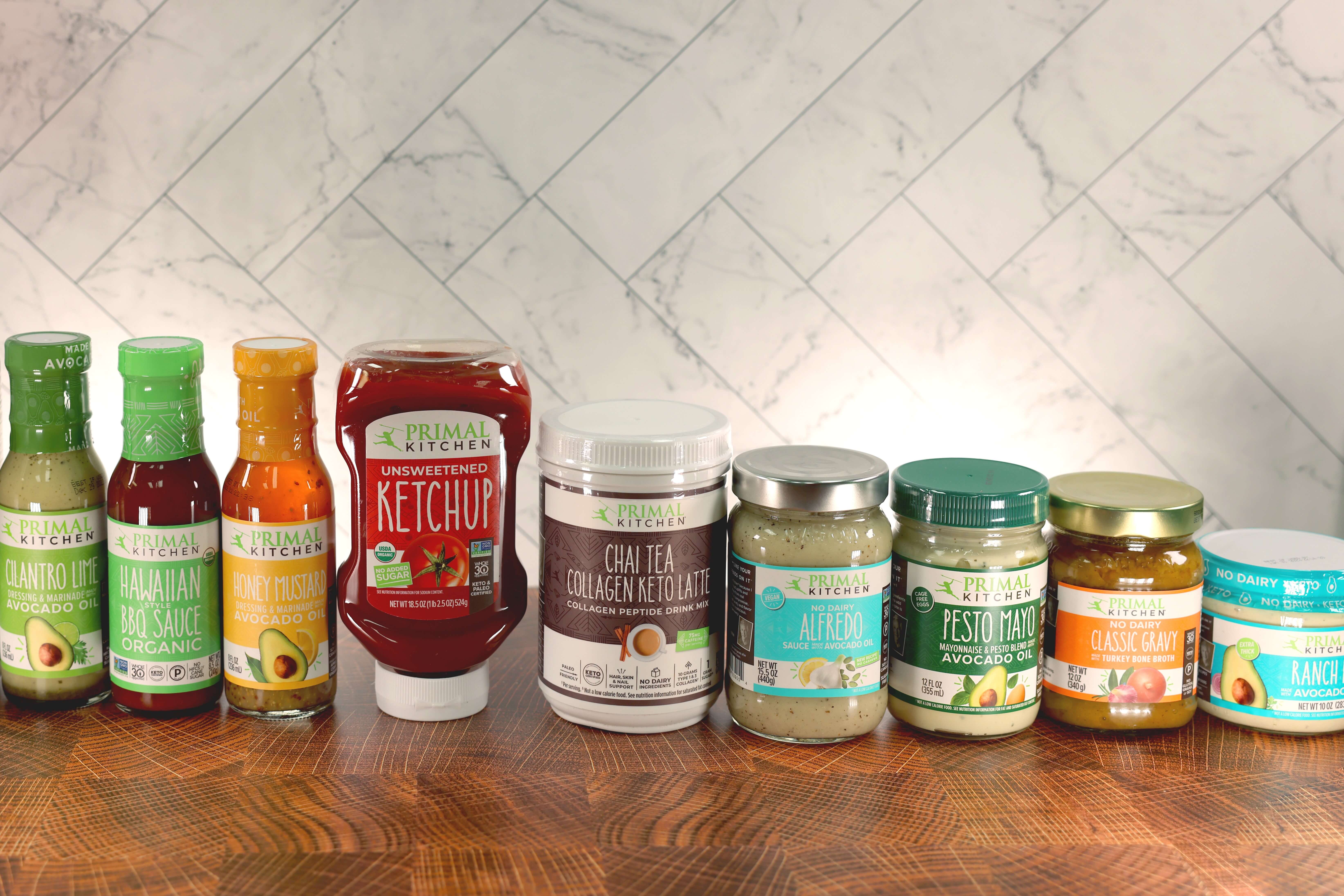Try our favorite, clean protein powder: See our top pick →
Try our favorite, clean protein powder: See our top pick →
Evidence Based Research To fulfill our commitment to bringing our audience accurate and insightful content, our expert writers and medical reviewers rely on carefully curated research.
Read Our Editorial Policy
Food waste in the USA and Mexico is finally coming under fire in a concrete way—i.e., not a magically dissolving campaign promise—and it’s The Farmlink Project stepping up to help.
That’s right, it wasn’t a government agency, but an altruistically minded group of college students who set out to bridge the yawning gap dividing food without homes and homes without food that only worsened over the pandemic.
The moment we heard about The Farmlink Project, we knew we had to speak with their leadership to build more context around the swept-under issue of food waste while highlighting the inspiring work this nonprofit organization is doing.
In our illuminating conversation with Head of Partnerships Aidan Reilly, we realized just how big the fight really is.

Billions upon billions of pounds of fresh produce go to waste every year at the behest of US farmers, who, to avoid wrongly villainizing them, are very much boxed in by a number of difficult circumstances.
First, as Aidan explained to us, government-subsidized crops like wheat, rice, corn, and a few others are often wasted because farmers are paid to produce an amount greater than they can feasibly sell.
Another highly prevalent source of food waste is “imperfect produce,” i.e., food items that are rejected by grocery stores and other buyers because of (often surprisingly mild) aesthetic issues involving the shape, size, and appearance of the item.
“Imperfect produce is not what people think of when they think of food waste—not scraps or ugly produce,” Aidan explained to us.
Add a strained global supply chain and economy, and waste is only worsening alongside food insecurity.
It was in the heat of the COVID-19 pandemic, actually, when the Farmlink Project was founded, and their first and only directive stays at the forefront today: bring as much of this food to as many people as we can.
In April of 2020, a time when the US and several other countries were already scrambling to respond to the pandemic’s deleterious effects on food supply chains, worker safety, and more, The Farmlink Project founders were already setting up shop.
Their college cafeteria was suddenly out of food that April, and upon investigating the source of the problem, The Farmlink Project founders realized it wasn’t just the pandemic.
“We realized this has been something that’s been happening for decades,” Aidan said, going on to explain the aforementioned waste issues silently plaguing the American agricultural industry for years.
Thus, The Farmlink Project was founded, and operated with a 100% (mostly student) volunteer force for the first 13 months, which takes us to early 2021.
Today, the team has approximately 20 full-time members and 50-60 volunteers or “fellows,” who do much more than answer phones, even from the beginning.
“Everybody is shoulder-to-shoulder, working on the same stuff … one Farmlinker might be setting up a billboard ad while another is reaching out to farmers across the country, all as a college student,” Aidan told us.
But what exactly does The Farmlink Project do?
The Farmlink Project sets up freight lines between farmers with surpluses and food banks/communities in need of nutritious food.
At first, farmers were understandably skeptical about whether or not these random people calling them and offering to offload thousands of pounds of surplus and/or imperfect produce were legitimate, but as more and more farmers gradually accepted, The Farmlink Project began to show up on radars.
Pun not intended, the logistics of this large-scale effort involved more than simply setting up trucks and contacting farmers, as sending an unprepared food bank thousands of pounds of apples may actually cause more waste than it saves.
Another, more anthropologically interesting consequence that The Farmlink Project looks to preempt is encouraging food waste on the back end by sending communities foods that are not culturally relevant in those areas; foods that would not be accepted even as free donations because the people in a given community aren’t very familiar with them.
Like that dreaded popsicle-stick mobile from physics class, The Farmlink Project needs to balance many logistical factors for even a single run to be as impactful and efficient as possible.
In the short time they’ve been around, however, The Farmlink Project has put up some huge numbers (75 million pounds of food transported) and rubbed shoulders with many influential parties, including partnerships with Chipotle, Alliance To End World Hunger, US congress members, and Primal Kitchen, a trusted brand of ours that we will now proceed to brag about for their support of this movement.
We go into much more detail in our comprehensive review of Primal Kitchen, but if you haven’t tried the products yourself, they offer a large selection of cleanly formulated and keto-friendly sauces, dressings, marinades, dips, and other condiments made with avocado oil and other nutritionally superior fats.
As for their involvement with The Farmlink Project, Primal Kitchen graciously donated “a ton of products” to the nonprofit as a way of boosting both the nutritional profile and appeal of their produce donations.
After reaching out to our contacts at Primal Kitchen to elucidate this figure a bit more, we learned that a staggering 70,000+ pounds of “damaged” (lids bent, crooked levels, rubbed off “best by” date, but food inside is perfectly consumable) Primal Kitchen products were donated to The Farmlink Project between 2020 and 2022.
Primal Kitchen also highlighted The Farmlink Project on their podcast and social media networks.
Regarding the products that Primal Kitchen donated to The Farmlink Project, Aidan said, “It was a supplementary luxury item that we could pair with the produce. You can’t save the world with a bag of potatoes—you gotta have something people will be proud to have and their kids will be excited to eat.”
Primal Kitchen is just one of several partners helping to elevate The Farmlink Project’s efforts
but as industry watchers now acquainted with both of these companies, we are honored to witness and contribute to this fundamentally humanitarian cause.

If you’d like to put The Farmlink Project out of business in the best way possible—their expressly stated hopes for the future of the nonprofit—then there are a number of ways that you can help.
First, donating whatever you can directly to The Farmlink Project will ensure your money is used efficiently and directly for the cause ($1 donates 20 meals!), and of course, you can always continue donating food and/or money to local food banks so they may be better prepared to receive a Farmlink-sized donation.
Next, supporting Primal Kitchen and The Farmlink Project’s other partners will help keep the massive product donations from these partners coming, with the added benefit of tasty sauces and dips that will forever convert you from the plasticky and disappointing alternatives.
Finally, as The Farmlink Project continues to send waves of Gen Z-ers to DC to fix a problem they were born into, the rest of us can support their efforts by sharing, voting for, and writing anti-food-waste legislation.
Thank you, Farmlink Project, for stepping up in the spirit of giving and asking for nothing in return.
Subscribe now and never miss anything about the topics important to you and your health.